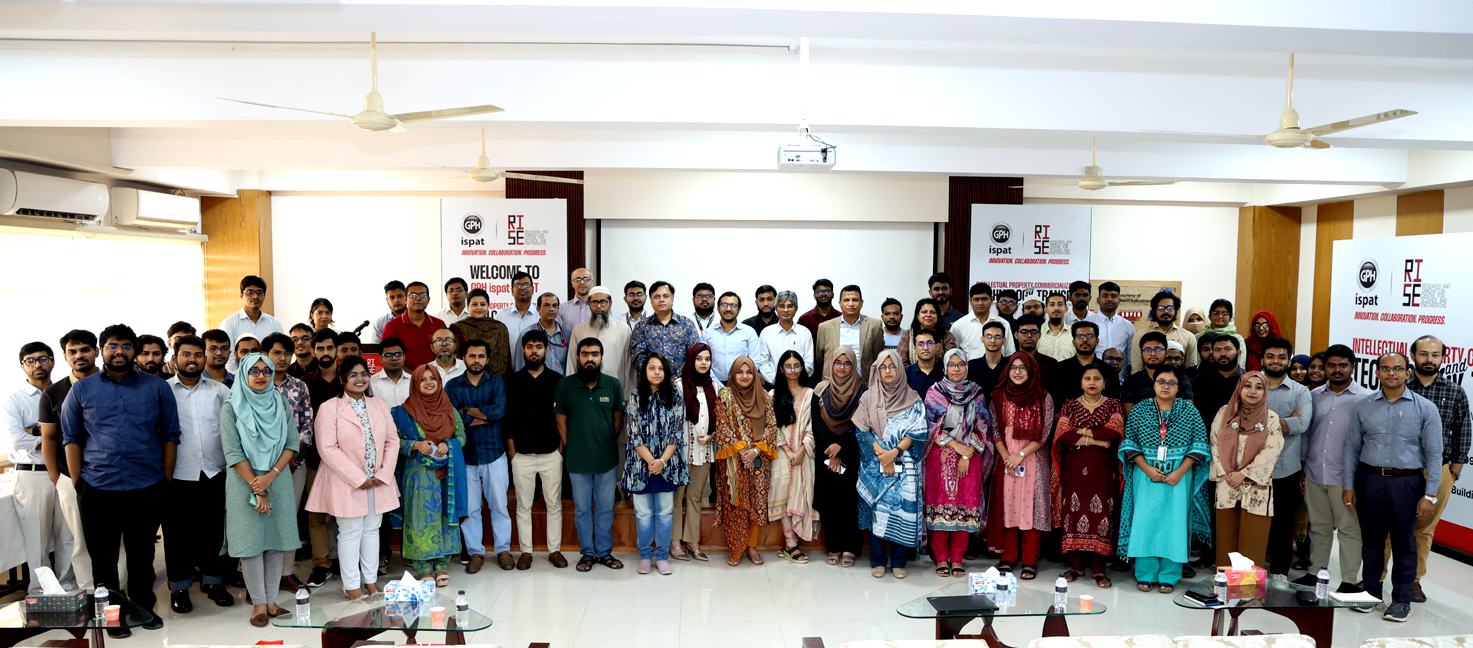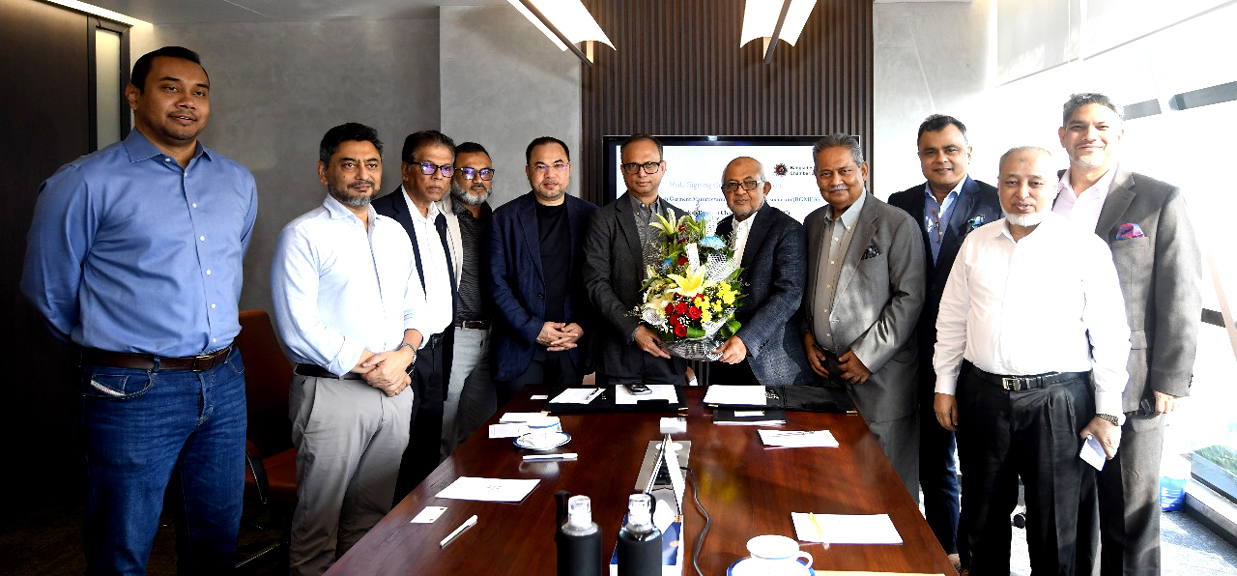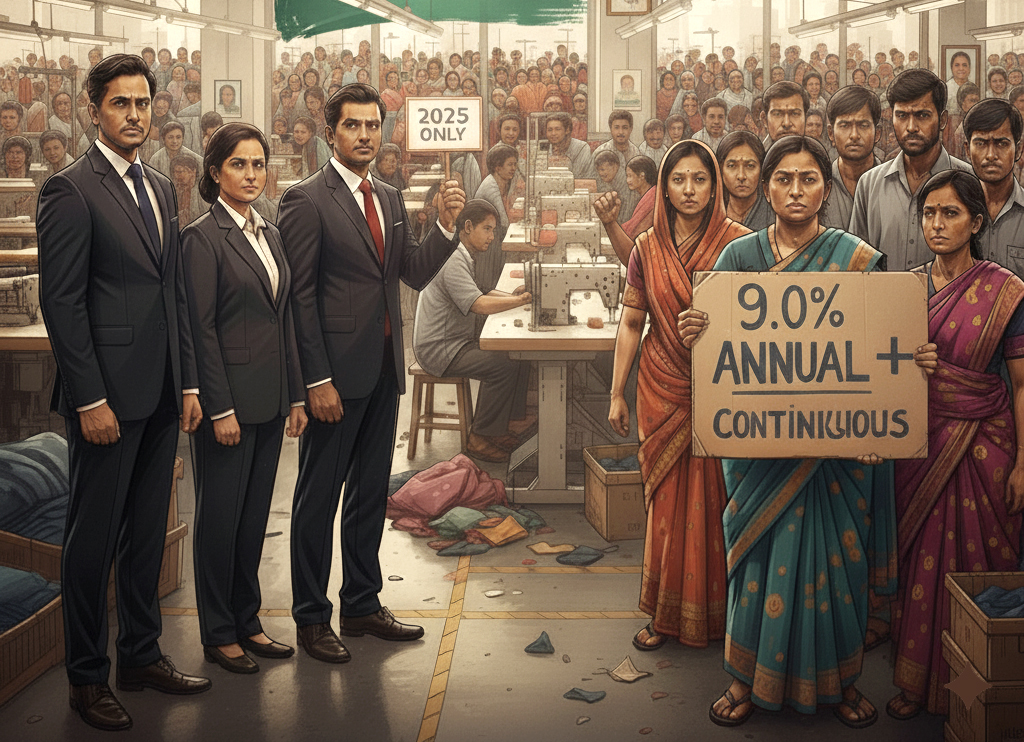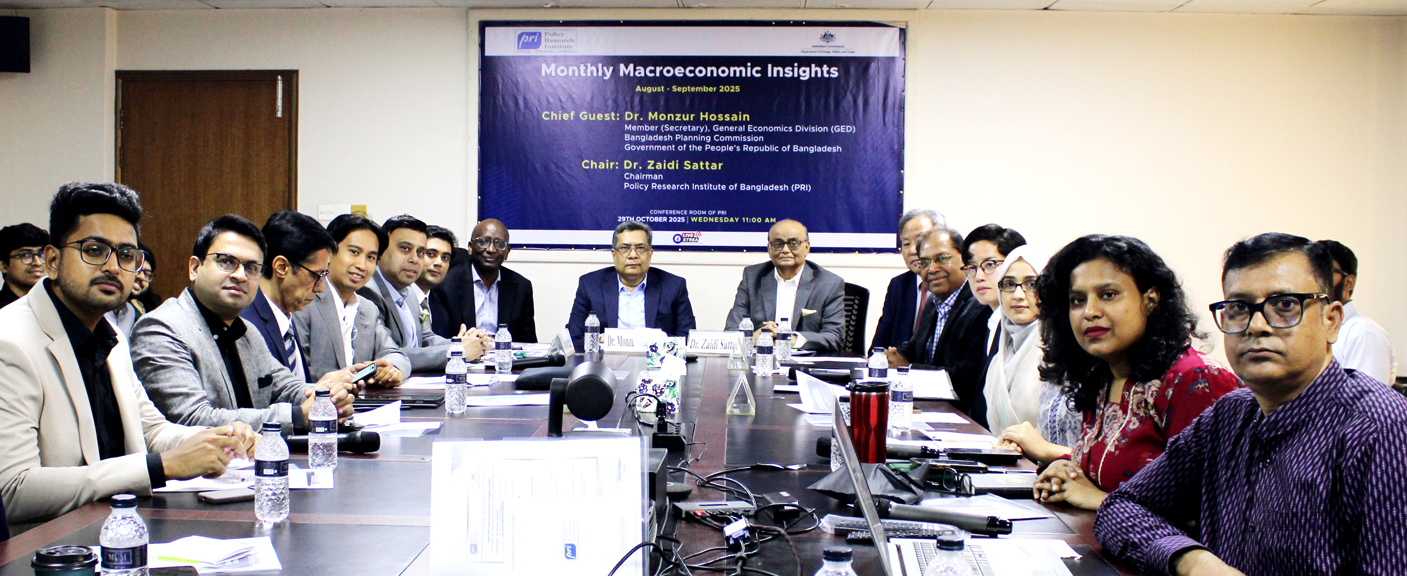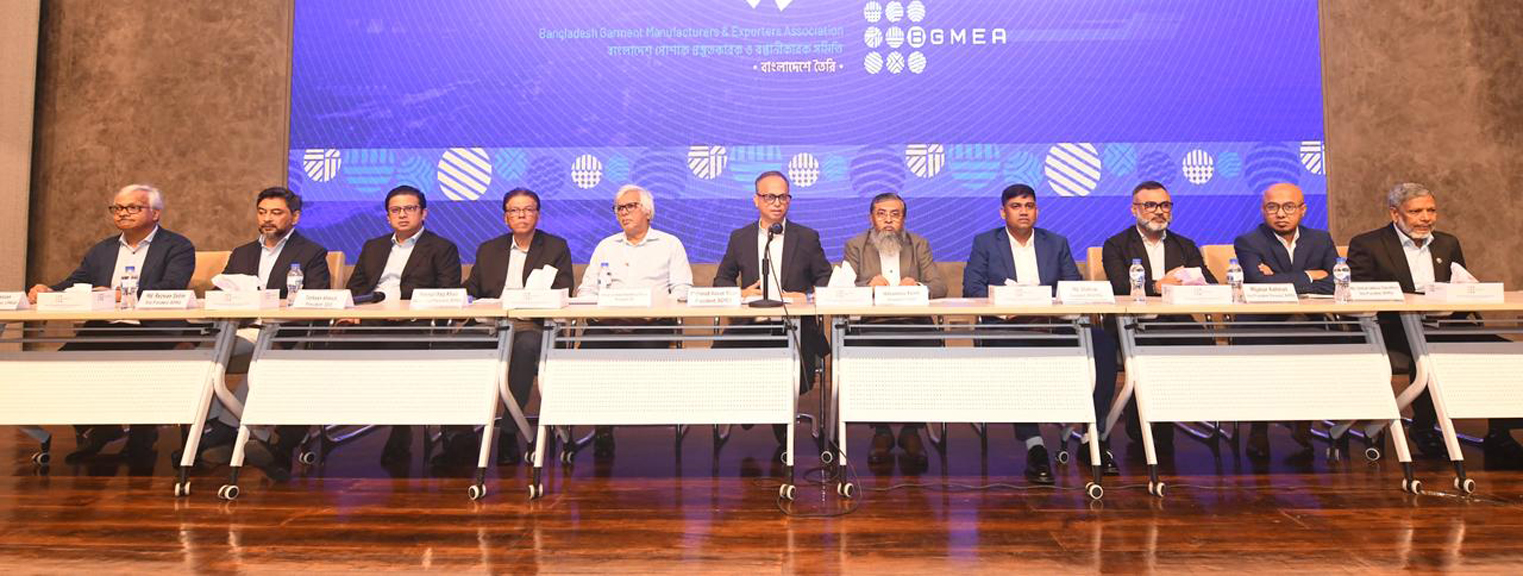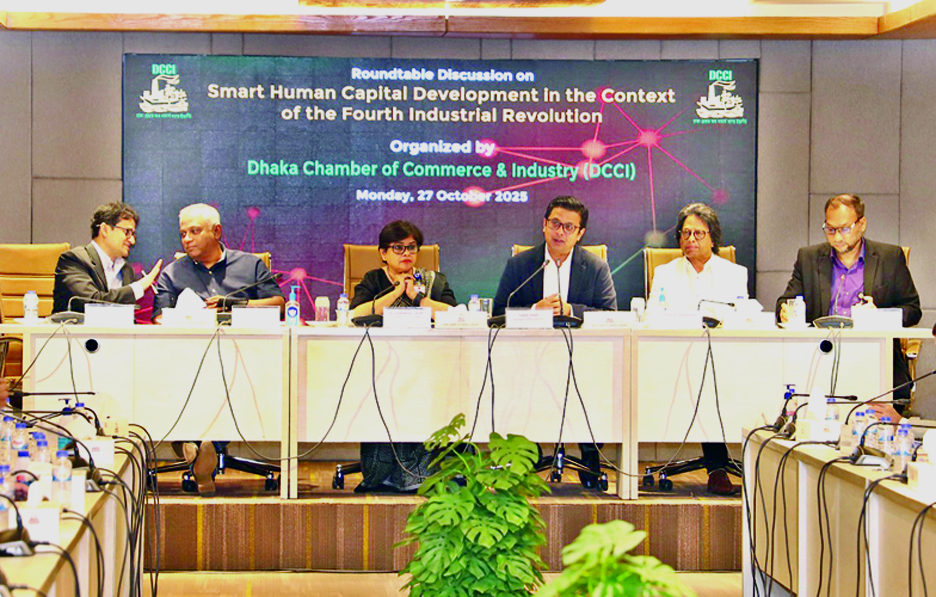Apparel sector leaders on Wednesday warned the interim government that unless Chattogram Port operates round the clock to facilitate smooth export-import activities, they would not be able to take responsibility for paying workers’ wages and allowances ahead of Eid-ul-Azha.
‘If the port doesn’t operate 24/7, export shipments are stuck, containers block roads and money doesn’t come in. Without that, how can we pay our workers,’ said Quazi Moniruzzaman, former president of the Bangladesh Garment Manufacturers and Exporters Association (BGMEA).
He made the remarks at the unveiling of election manifesto of Sammilita Parishad — a panel contesting the upcoming BGMEA elections for the 2025–2027 term — held at a city hotel on Wednesday.
Moniruzzaman said that while the interim government might be dealing with broader reforms, it must not allow the lifeline of the economy to collapse.
‘Reform is necessary, but not at the cost of burying the country’s apparel industry,’ Moniruzzaman added.
The disruption at the port comes amid rising frustration in the business community, intensified by recent administrative upheaval — particularly the government’s decision to abolish the National Board of Revenue (NBR).
The move has triggered pen-down strikes among revenue officials, further paralysing customs clearance and trade operations.
‘Chattogram Port is practically stalled while Eid is fast approaching,’ said Moniruzzaman.
He said that while raw materials from China arrive at Chattogram Port within 14 days, it takes 18 days to transport the items to Dhaka, questioning how businesses can survive under such conditions.
He also said that some factory owners were selling off personal assets, including cars and homes, to cover employee wages — a situation he described as ‘sad, painful and shameful.’
The business leader renewed calls for a structured exit policy for struggling entrepreneurs in the garment sector.
During the unveiling of the election manifesto, Sammilita Parishad leaders emphasised the need for bold and experienced leadership — combining courage with youthful energy — to achieve the $100 billion export target for Bangladesh’s readymade garment (RMG) sector.
Speaking at the launch of their 12-point manifesto ahead of the BGMEA biennial election on May 31, panel leader Md Abul Kalam said the sector’s growth from $12,000 in export earnings to becoming the world’s second-largest RMG exporter reflects its immense potential.
He stressed the importance of collaborative leadership that can engage effectively with workers, entrepreneurs, and international stakeholders to ensure sustainable growth.
Key pledges in the manifesto include establishing a dedicated cell for small and medium RMG factories, resolving VAT and HS code complications, addressing order cancellations and delayed payments and improving legal protections.
The panel also promised to tackle ongoing gas and electricity crises, enhance worker training in technologies like AI, IoT, ERP and ESG, and facilitate access to green finance through a dedicated funding desk.
Plans to diversify export markets, simplify compliance via a unified code of conduct, promote a circular economy, and launch a global ‘Made in Bangladesh: Premium Edition’ campaign were also highlighted.
The leaders said they would push for the restoration of GSP benefits post-LDC graduation through diplomatic efforts.
Former BGMEA president Faruque Hassan and former senior vice-president Abdullah Hil Rakib also spoke at the event.



